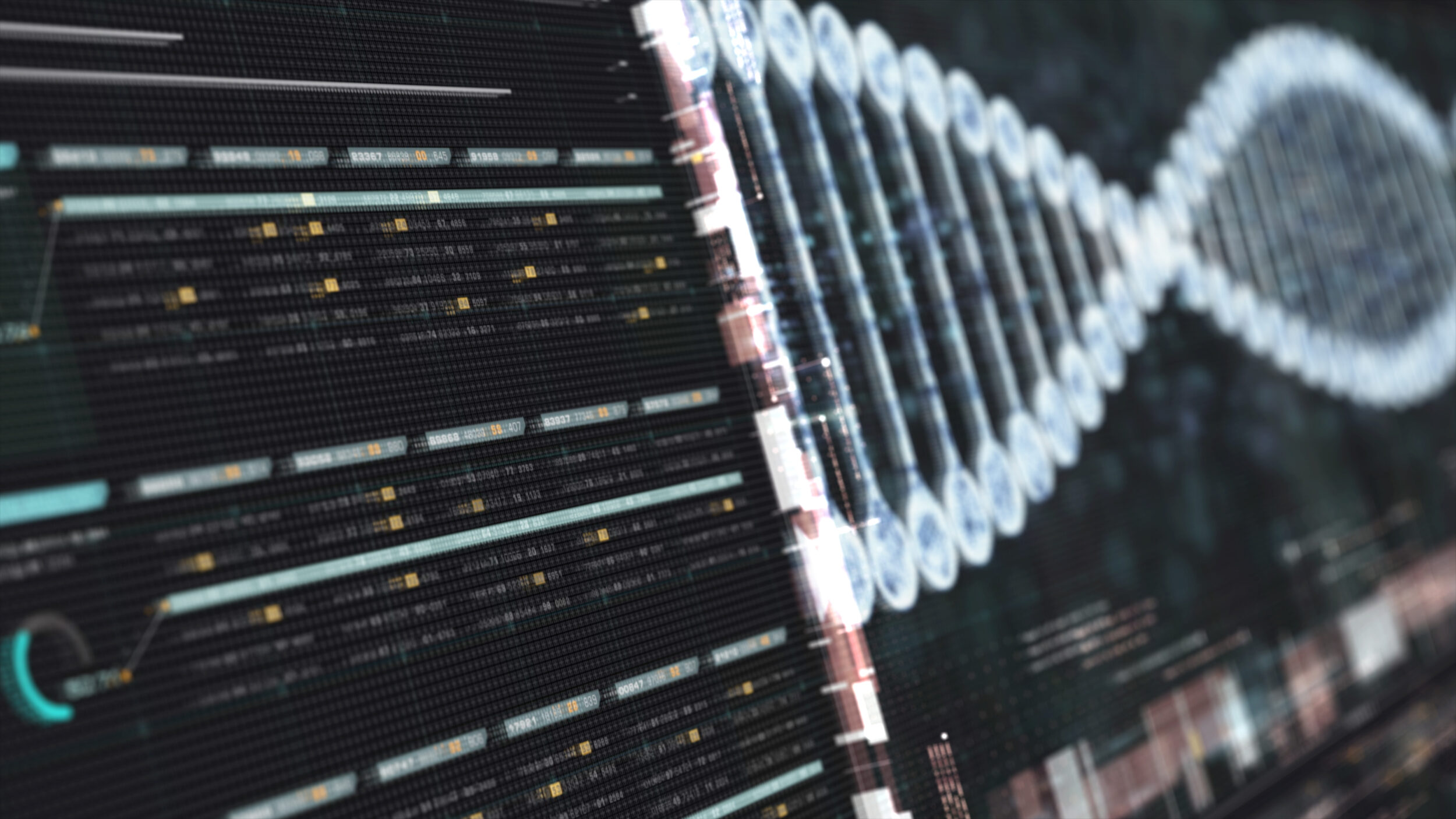The synthesis of many commonly used products usually involves the use of precious metal catalysts, which are known to be toxic. In recent years, the advent of industrial biocatalysts—biodegradable enzymes—has been a game-changer, as they offer the advantage of simplifying synthesis routes and eliminating certain complex separation steps. This great selectivity is, however, a double-edged sword, as nature does not always provide biocatalysts suitable for the desired chemical reactions.
Joelle Pelletier, a professor in the Department of Chemistry at the Université de Montréal, is therefore looking to improve existing biocatalysts. Since they are proteins, they are easy to produce, but their complexity makes them difficult to modify in a rational manner, even by specialists. In fact, the number of possible modifications to be tested is virtually infinite.
To address this problem, the researcher and her team are developing powerful computer simulations that can better predict the impacts of the countless possible DNA manipulations on the structure and movement of these complex molecules. This will significantly accelerate their work, which is based on an easily-studied model enzyme. The upcoming introduction of machine learning, a branch of artificial intelligence, could further increase the success rate of their predictions.
The stakes are high, as a diversification of the range of biocatalysts available to industry would allow the sustainable production of plastics, food additives and pharmaceuticals from renewable resources. This is a necessary step in society’s move towards a circular economy. In addition, the use of these novel biocatalysts instead of their conventional counterparts will be less harmful to human health, which is no small consideration.




